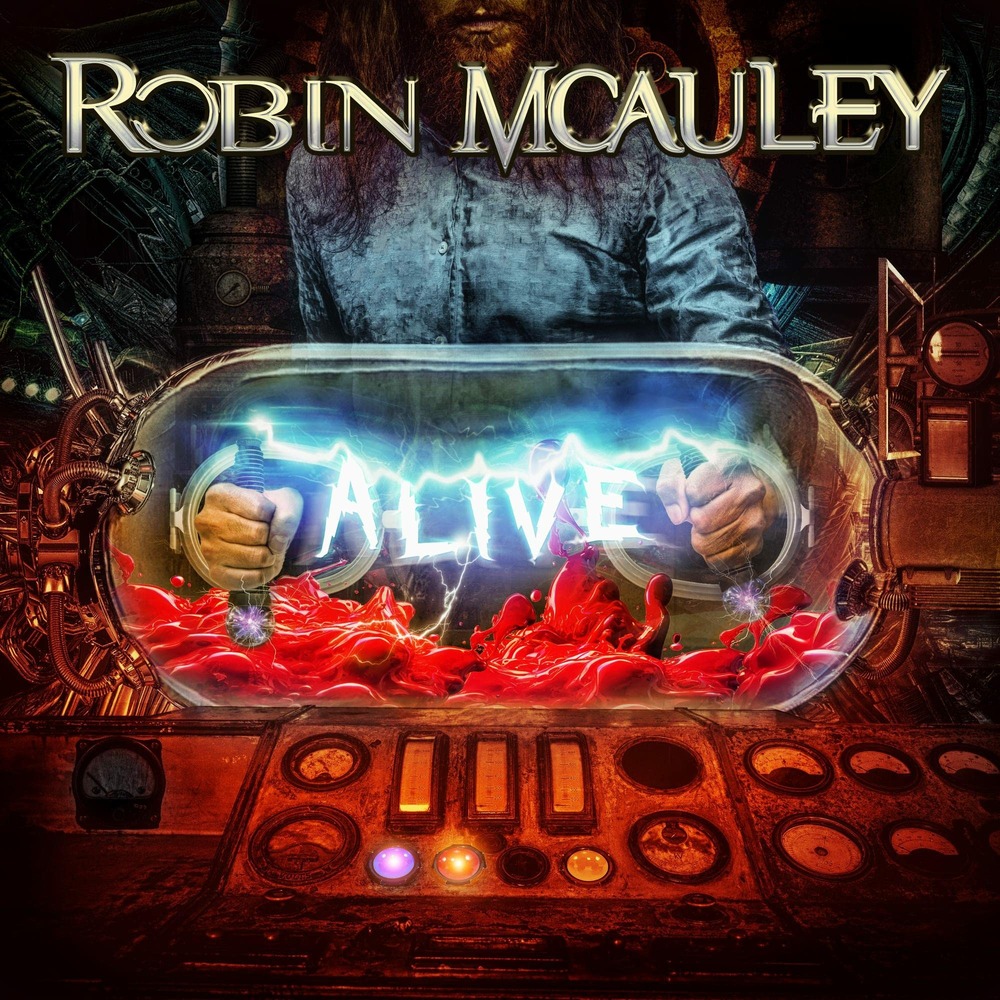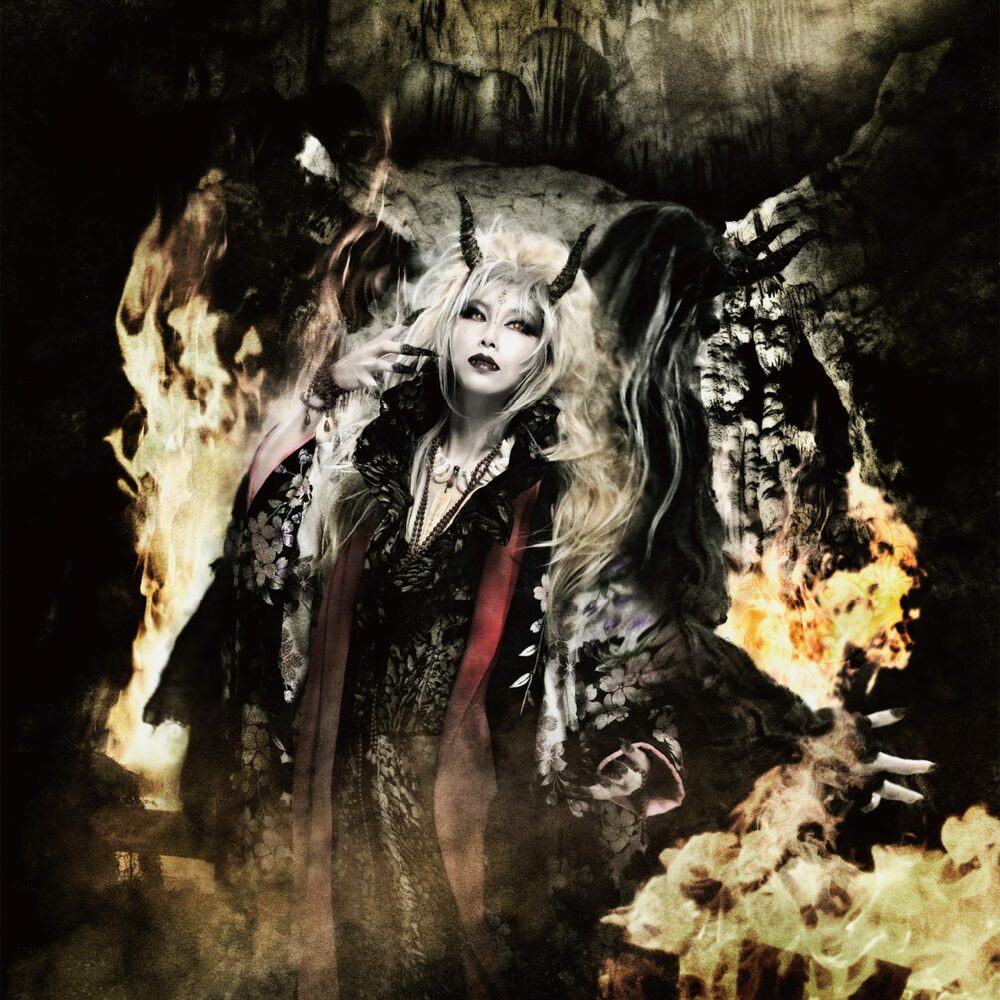 |
Country: Japan
Style: Heavy/Power Metal
Rating: 8/10
Release Date: 22 Feb 2022
Sites: Facebook | Instagram | Official Website | Twitter | Wikipedia | YouTube
Lovebites have been busy since I reviewed their third album, Electric Pentagram in 2020, knocking out a couple of live albums, a couple of full length videos, a compilation album, a split EP and one of their own, but they're back with a fourth studio album that starts off where the prior one left off, even though they've finally had their first line-up change. Bassist and bandleader Miho chose to leave in 2021 and her replacement is Fami, who is given a solo showcase moment at the opening of Stand and Deliver (Shoot 'em Down) to demonstrate why she's here.
The sound hasn't changed, though these songs are a little shorter than last time out, not by much but enough to suggest an even tighter approach. This is frantic power metal from the outset, not that we didn't expect it, reminding of Dragonforce and Yngwie Malmsteen, merely with less show off moments. Midori does go there, but never loses the mindset that everything is fundamentally built on melody. Just listen to the slow theme that sits behind the title track while everyone in the band is shredding at once. It does a fantastic job of allowing us to keep a grasp of the entire song while simultaneously getting lost in the technical instrumental wizardry.
I'm constantly amazed that this never feels like speed metal. Frankly, Lovebites often play faster than some speed metal bands and there are moments when they get their heads down to simply barrel along at speed, like on Dissonance, but they're always heavy/power metal. In fact, I caught a few earlier influences that they sped up to become something else. The oldest school song here is Stand and Deliver (Shoot 'em Down), which appears to be built on a Deep Purple sound, even if none of their various guitarists ever shredded like this. Similarly, My Orion almost has a Magnum vibe to it, merely played at about eight times the speed, right down to the old school keyboards.
Unsurprisingly, given the combination of older school hard rock and heavy metal and sheer speed that's always delivered as power metal, there's plenty of Helloween here too. Their influence has an effect on almost everything and I've read that drummer Haruna shifted her focus from rock to metal after hearing Helloween' Master of the Rings. I'd say that they're most obvious here on The Spirit Lives On and Victim of Time, the latter kicking off the second side and restoring the default sound after a temporary shift into old school with Stand and Deliver (Shoot 'em Down).
While I'd pick the title track as the album's highlight all day long and the unrelenting Dissonance right behind it, it's probably fair to say that Victim of Time is a particularly crucial song. Lovebites don't know how to slow down, which I'm hardly going to complain about, but their continued crazy pace means that the songwriting has to step up to keep us focused on music over speed. I recall a breather moment twenty minutes into the previous album that reminded me just how insane the pace had been. This doesn't let up either and I'd say that it falls to Victim of Time, in a typical slot for a filler track, to reinforce how strong the songwriting is. It succeeds.
And, while I enjoyed Electric Pentagram a great deal, I have to say that I enjoyed this a lot more. It grabs me with its unceasing pace and vibrant energy but it keeps me with its melodies and hooks. I could rank the songs on Judgement Day into tiers without much difficulty, but everything remains strong and that's particularly impressive. Here's where Helloween return to mind again because I remember them elevating their game with the first Keeper of the Seven Keys album, shifting from a damn good speed metal band to the pioneers of a new sound. Whenever I listened to them, I felt rejuvenated, more energetic and more alive than I'd been before I hit play, and that's the feeling I get listening to Lovebites.
The biggest problem I have here is stopping, because Judgement Day becomes a sort of rush and I have to restore reality, reminding myself that I have other things to do today, other albums slated for review, food to eat and sleep to release myself to. It would be too easy to just keep on listening to this for far too long.


















